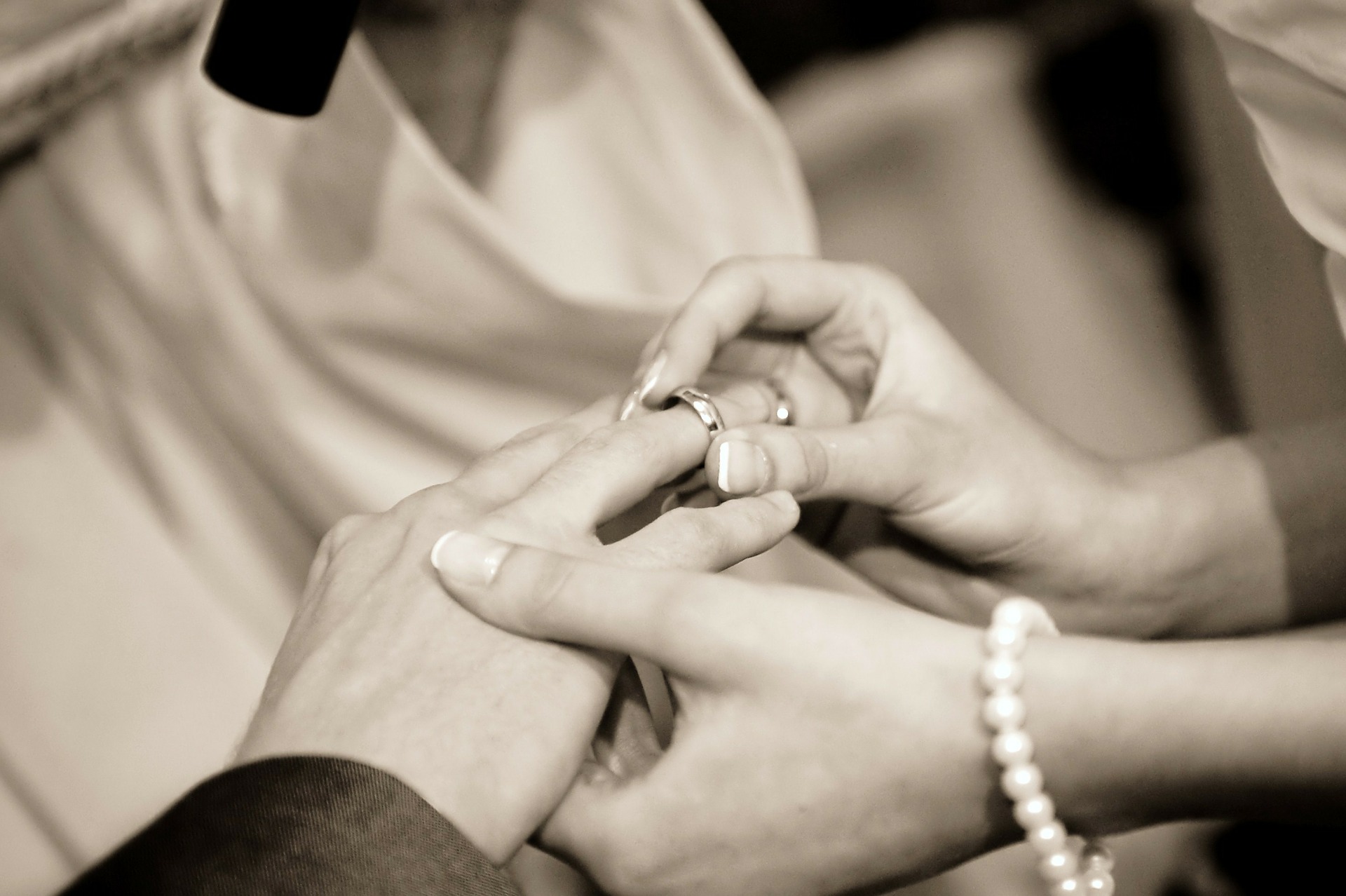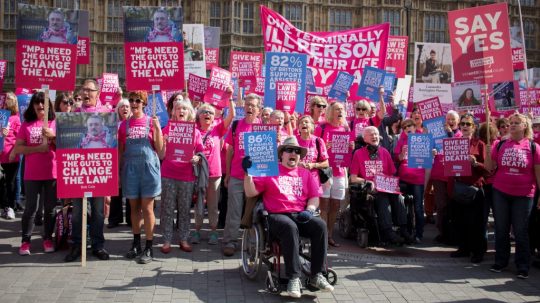The Court of Appeal has said it is not a human rights breach to prevent mixed-sex couples entering into civil partnerships. While the Court recognised that the government’s policy could potentially be discriminatory, it ruled it was justified at the present time.
What’s the background?
Introduced by the Labour government in 2005, civil partnerships are arrangements which give formal legal recognition to relationships, granting essentially the same legal rights and responsibilities that come with marriage. However, under the Civil Partnerships Act 2004, they are only available to same-sex couples.
Meanwhile, same-sex couples were granted the right to marry in 2014, meaning that both civil partnership and marriage are now open to same-sex couples, but only marriage is open to mixed-sex couples who want to obtain legal recognition of their relationship.
Rebecca Steinfeld and Charles Keidan, long-time campaigners for mixed-sex civil partnerships, brought a case against the government arguing that the failure to open civil partnerships up to mixed-sex couples was a violation of their human rights.
Specifically they said it breached their right not be discriminated against under Article 14 of the European Convention on Human Rights (ECHR), as well as their right to private and family life under Article 8 ECHR. They claimed that their inability to enter into a civil partnership constituted discrimination on the grounds of their sexual orientation.
The story so far
When the case was heard at the High Court in January last year, the judge dismissed these arguments, holding that Article 8 ECHR was not engaged because the state had given mixed sex couples a means of legally recognising their relationships, and that the failure to open up another means of recognition could not be interpreted as a “lack of respect afforded to any specific aspect of the Claimants’ private or family life on account of their orientation as a heterosexual couple”.
In this previous RightsInfo post, we noted the need for the claimants to demonstrate both an interference with their rights under Article 14 and Article 8, and that the interference was not proportionality justified (the text of Article 8 itself sets out various balancing factors). So there were essentially two hurdles for the claimants to overcome.
Today’s judgment
Today’s judgment by the Court of Appeal upheld the judgment of the High Court, and dismissed the claimants’ appeal but on the basis of different reasoning. In short, the Court considered the claimants overcame the first hurdle, but not the second.
All three of the judges agreed that the claimants had demonstrated an interference with their rights under Article 14 taken together with Article 8, because there was a difference in treatment on the grounds of sexual orientation. The fact that there was no “adverse impact” on the claimants beyond their inability to enter into a civil partnership did not alter this conclusion.

However, the judges disagreed on the second question, of justification. The government had argued that they were waiting to see how same-sex marriage impacts on civil partnerships, and to gather more data on this, in order to be able to decide whether to abolish them altogether, or to take some other course of action. In this context, they argued, it would be disruptive, a potential waste of time, and unnecessarily expensive to amend the law to allow opposite-sex couples to enter into civil partnerships.
Lady Justice Arden, in the minority, considered that the government’s “wait and see” policy was not proportionate, and did not strike a fair balance, because (amongst other reasons) it was open-ended in terms of timing and would only gather information about the attitudes of same-sex couples towards civil partnerships.
However, the other two judges, Lord Justices Beatson and Briggs, accepted the government’s argument that this interference with the claimants’ rights was justified, although Lord Justice Beatson did comment that it was “clear that the Government will need to make a decision to eliminate the current discriminatory position and to do so within a reasonable timescale.”
The fact that there is now a Private Members’ Bill pending before Parliament on this issue was clearly influential in the reasoning of the judges – they ultimately considered that this is a matter of public policy to be resolved by the government and by Parliament rather than the courts.
Ms Steinfield, however, said she was “pleased” that the ruling agreed they were being treated differently because of their sexual orientation.
She added: “We lost on a technicality – that the government should be allowed a little more time to make a decision. So there’s everything to fight for, and much in the ruling that gives us reason to be positive and keep going.”
For more information:
- Take a look at who can get married or enter a civil partnership
- Read about how the Isle of Man introduced heterosexual civil partnerships
- Subscribe to RightsInfo and follow us on Facebook and Twitter







